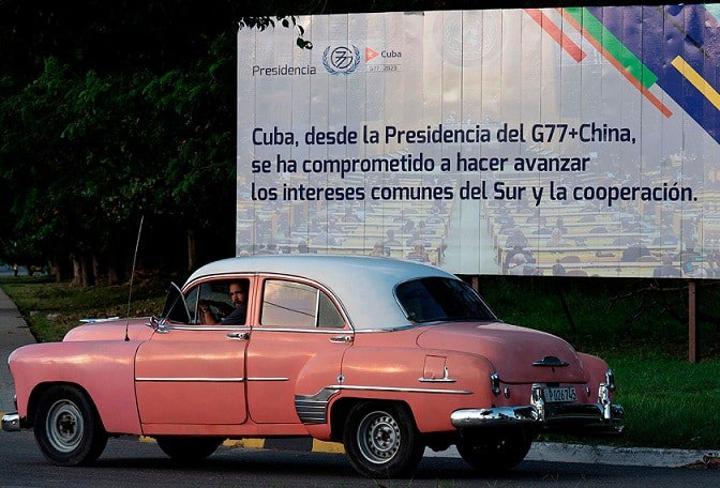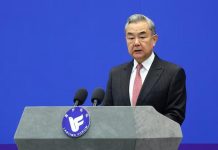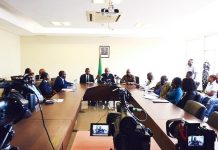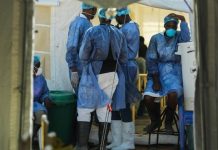Africa-Press – Mozambique. This Friday and Saturday, the Cuban capital will welcome around 100 heads of state and government representing the 134 member countries of the G77+China group, united in the objective of promoting a “fair” international order for developing states.
Among the more than 30 heads of state who have already confirmed their presence in Havana are the presidents of Angola, João Lourenço; Brazil, Luiz Inácio Lula da Silva; Mozambique, Filipe Nyusi, as well as the secretary-general of the United Nations, António Guterres, and representatives of the governments of almost all CPLP member states.
“Current Development Challenges: Role of Science, Technology and Innovation” is the theme of the event that precedes the United Nations General Assembly in New York between the 19th and 26th of the month. Discussions will cover reforms of multilateral institutions and assess the status of the 2030 Agenda, which in more than half of its lifetime has shown only mitigated achievement of the 17 Sustainable Development Goals (SDGs) included therein.
UN Secretary General Guterres, who will open the meeting, arrives in Havana after having participated in several international summits in recent weeks – including the BRICS summit in Johannesburg and the G20 in India – said in statements to the media at the end of July that “This multiplicity of summits reflects the growing multi-polarity of our world”.
Cuba assumed the presidency of the G77+China Group for the first time at the start of the year, focussing its mandate on the urgency of reforming the multilateral financial system.
In a statement on behalf of the group presented to the management of the United Nations Development Program at the end of August, Cuba’s permanent ambassador to the UN cautioned that “the achievement of the SDGs requires significant changes in the global financial architecture” and listed a broad set of priorities that the G77+China will debate later this week.
Developing countries demand the strengthening of the global financial safety net and greater and more equitable access to international financing in times of crisis, including through regular issuances of Special Drawing Rights.
They also want changes in the governance of the World Bank and the International Monetary Fund, strengthening their participation in these bodies.
READ: African leaders head to Cuba for G77+China Summit
The issue of debt is another of the biggest concerns of the G77+China, which calls for the reformulation of its architecture and the creation of a transparent management platform as well as safeguards regarding the intervention of credit rating agencies in the system.
For developing countries, interest rates can be eight times higher than those in developed countries, as highlighted in mid-July by the UN Secretary General himself, who noted that the 2023 World Debt Report cites 25 developing economies as spending spend more than 20% of public revenues on debt service alone.
At the end of the G20 summit in New Delhi, in a message to the G77+China summit, Guterres considered “very important that the developing countries fight in order to make sure that we reach the transformations that are needed in the international systems , in order to create conditions so that they can face the challenges and recover the momentum of its development”.
“To achieve this, they need international solidarity and justice in international relations”, he acknowledged, adding to this “clear message” a challenge to the leaders of the “Global South” to “adopt their own reforms to guarantee good governance” and ” mobilize their own resources to ensure that the SDGs become an effective priority in their own internal policies.”
The G77 was created in 1964 within the UN, within the group of Non-Aligned Countries, by 77 developing countries. Today it has 134 members. China, which does not consider itself a member of the group, has participated in the G77 since 1992.
For More News And Analysis About Mozambique Follow Africa-Press






